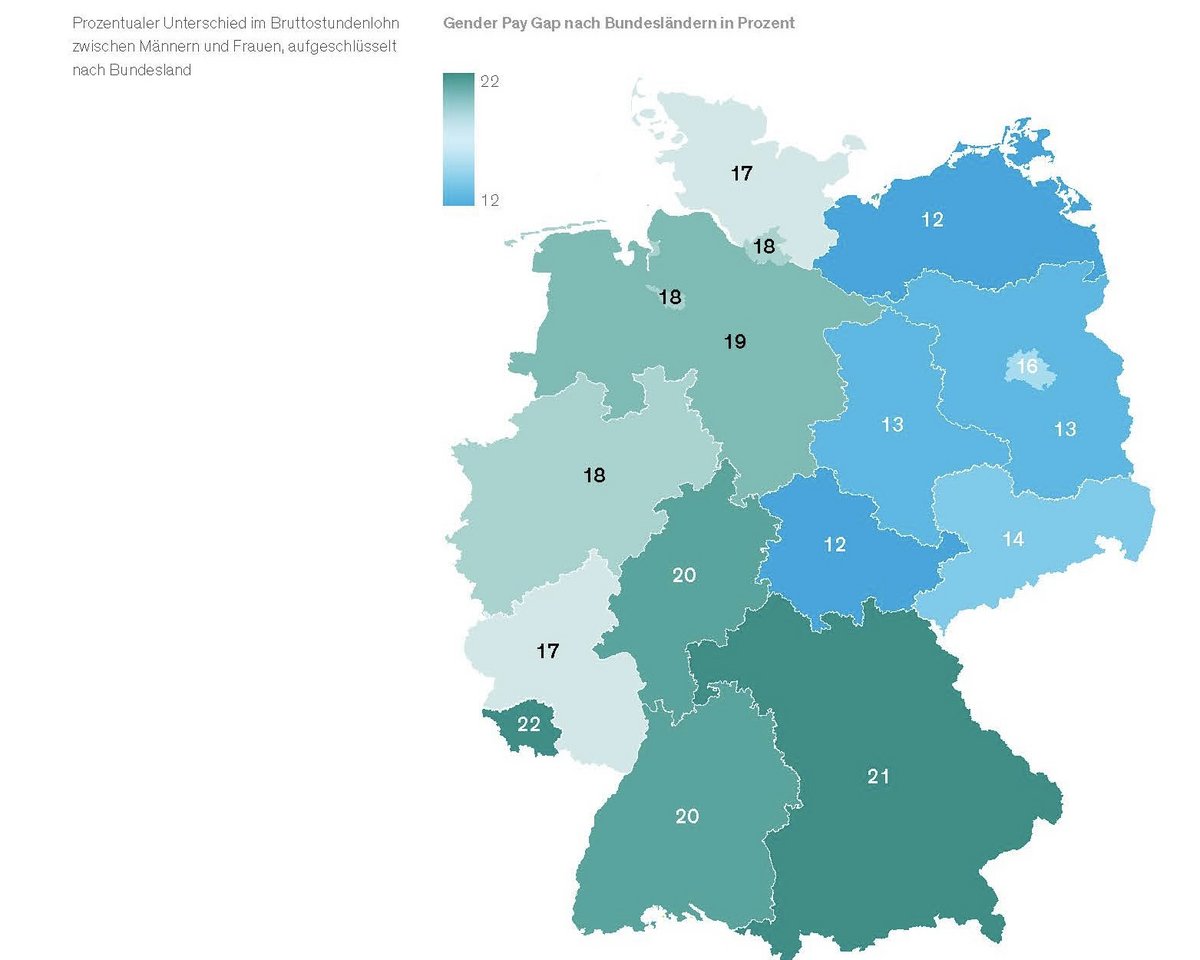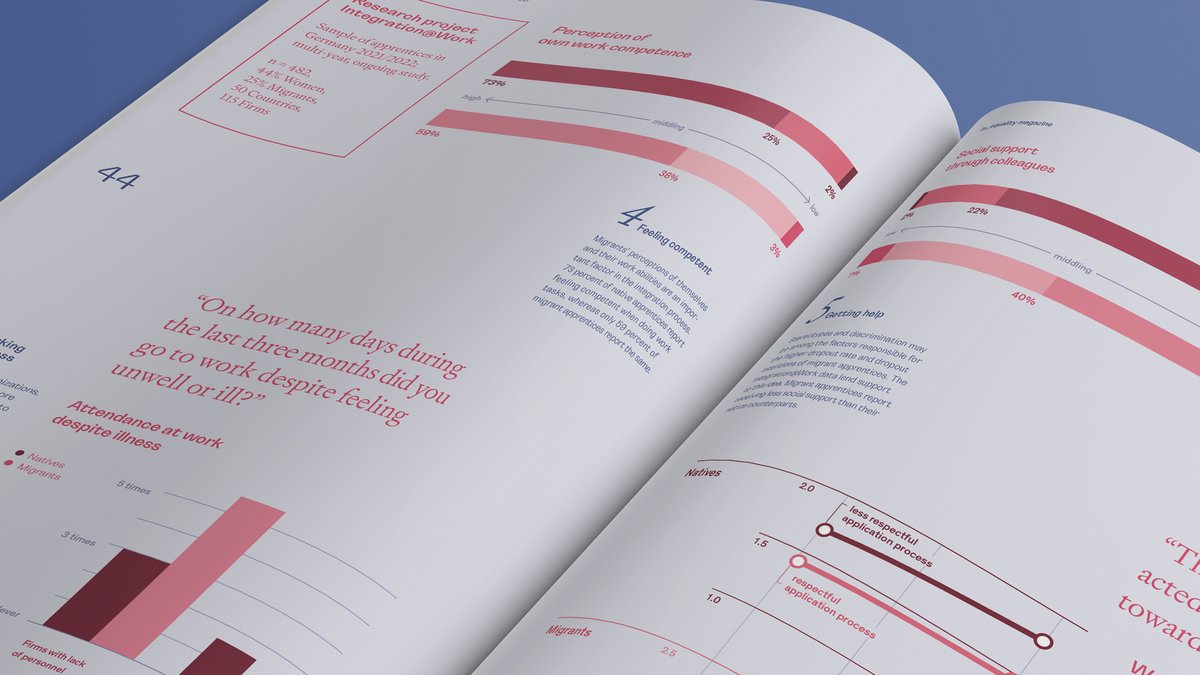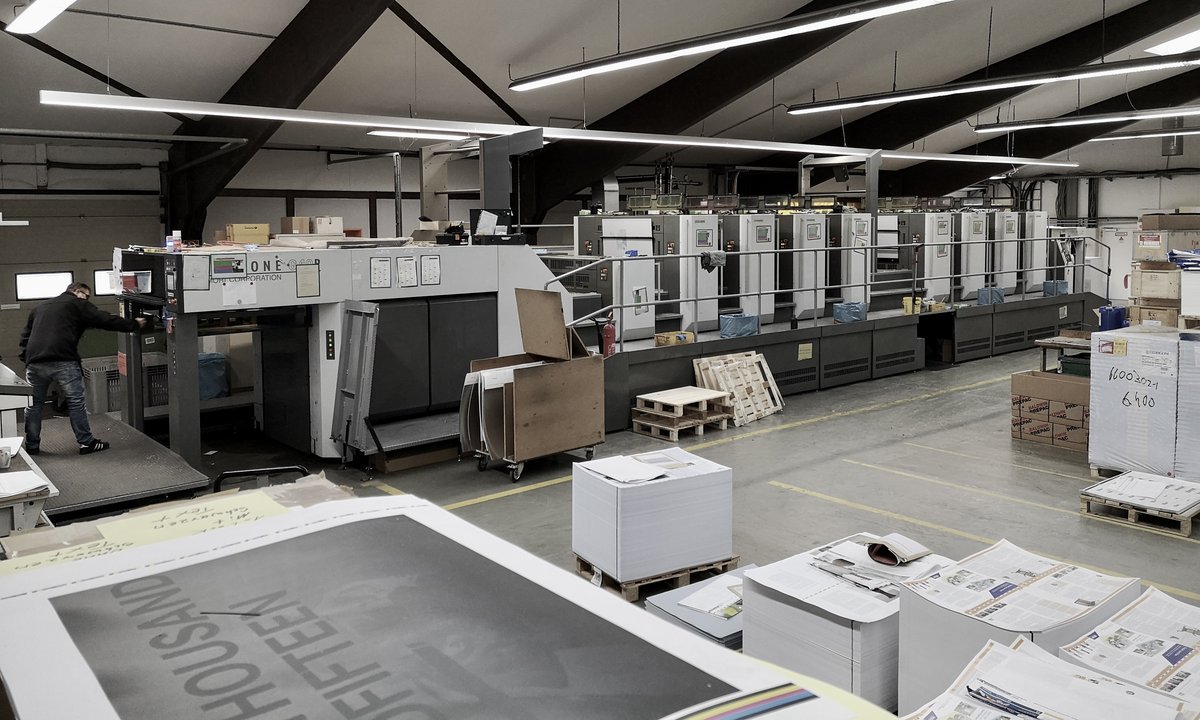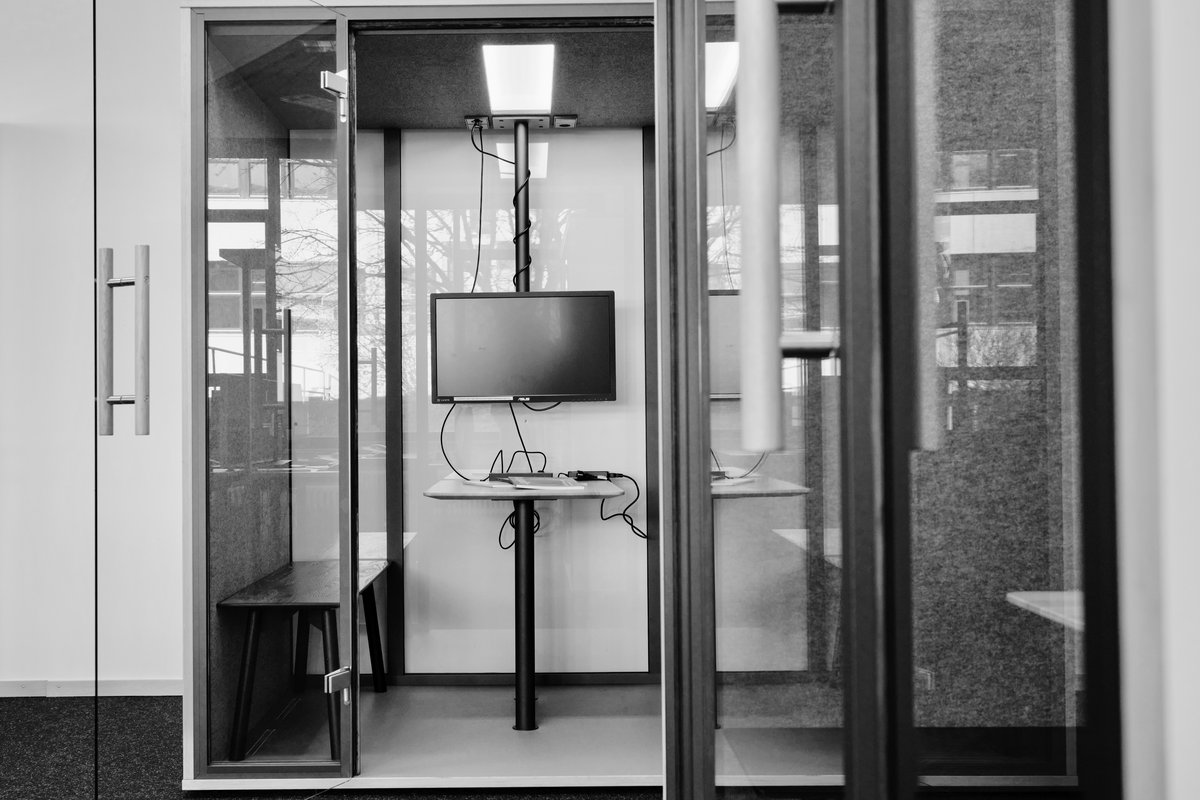The labour market is a focal point for numerous different dimensions of inequality: gender differences in pay, labour market and social security, the effects of digitalisation and automation on labour markets and the welfare state, the shortage of skilled workers and the integration of young trainees into the labour market, the consequences of the coronavirus pandemic and the balance between working from home and compulsory attendance - to name just a few points. At the Cluster, we are looking at the challenges facing the world of work in the 21st century from various perspectives.

Is this fair? Does this really offer equal opportunities to all? We know relatively much about the perception of inequality in society. But what happens when different kinds of inequality exist side-by-side, or even influence one another? Should women earn less than men, should more senior employees be better paid than more junior ones? What is the role played by the conditions set by employers when answering questions about fairness and opportunities? And how to employees perceive their own situation in a given company or organization?
Issues like these are the core of the project Perceptions of Gender and Seniority Wage Inequality.

The successful integration of migrants in the workplace is vital for the success and well- being of both migrants and the organizations for whom they work. What factors play a role in this integration process? And what hurdles do migrant workers face, especially when entering a new and foreign workplace?
The Integration@Work project team has written an article about this in In_equality magazine no. 4: Integration in the workplace. Work experiences of migrants.

Every person will at some point be faced with the question: Is my job threatened by digitalization and automation – or will I be able to take advantage of new professional opportunities? Businesses, unions and politics must cope with this change. To what degree can the surrounding conditions be molded? Is there a need for more control by the state, do the social systems need to be adjusted? Is the current model of education sufficient to accommodate changes to come?
These are the questions that are asked in the project Digitalization, Automation, and the Future of Work.


![[Translate to Englisch:] article](/fileadmin/exzellenz/inequality/timeline_pic/04-01.jpg)
![[Translate to Englisch:] article](/fileadmin/exzellenz/inequality/timeline_pic/04-02.jpg)
![[Translate to Englisch:] article](/fileadmin/exzellenz/inequality/timeline_pic/04-03.jpg)
![[Translate to Englisch:] article](/fileadmin/exzellenz/inequality/timeline_pic/04-04.jpg)
![[Translate to Englisch:] article](/fileadmin/exzellenz/inequality/timeline_pic/04-05.jpg)
![[Translate to Englisch:] article](/fileadmin/exzellenz/inequality/timeline_pic/04-06.jpg)
![[Translate to Englisch:] article](/fileadmin/exzellenz/inequality/timeline_pic/04-07.jpg)
![[Translate to Englisch:] article](/fileadmin/exzellenz/inequality/timeline_pic/04-08.jpg)
![[Translate to Englisch:] article](/fileadmin/exzellenz/inequality/timeline_pic/04-10.jpg)
![[Translate to Englisch:] article](/fileadmin/exzellenz/inequality/timeline_pic/04-11.jpg)
![[Translate to Englisch:] article](/fileadmin/exzellenz/inequality/timeline_pic/04-12.jpg)